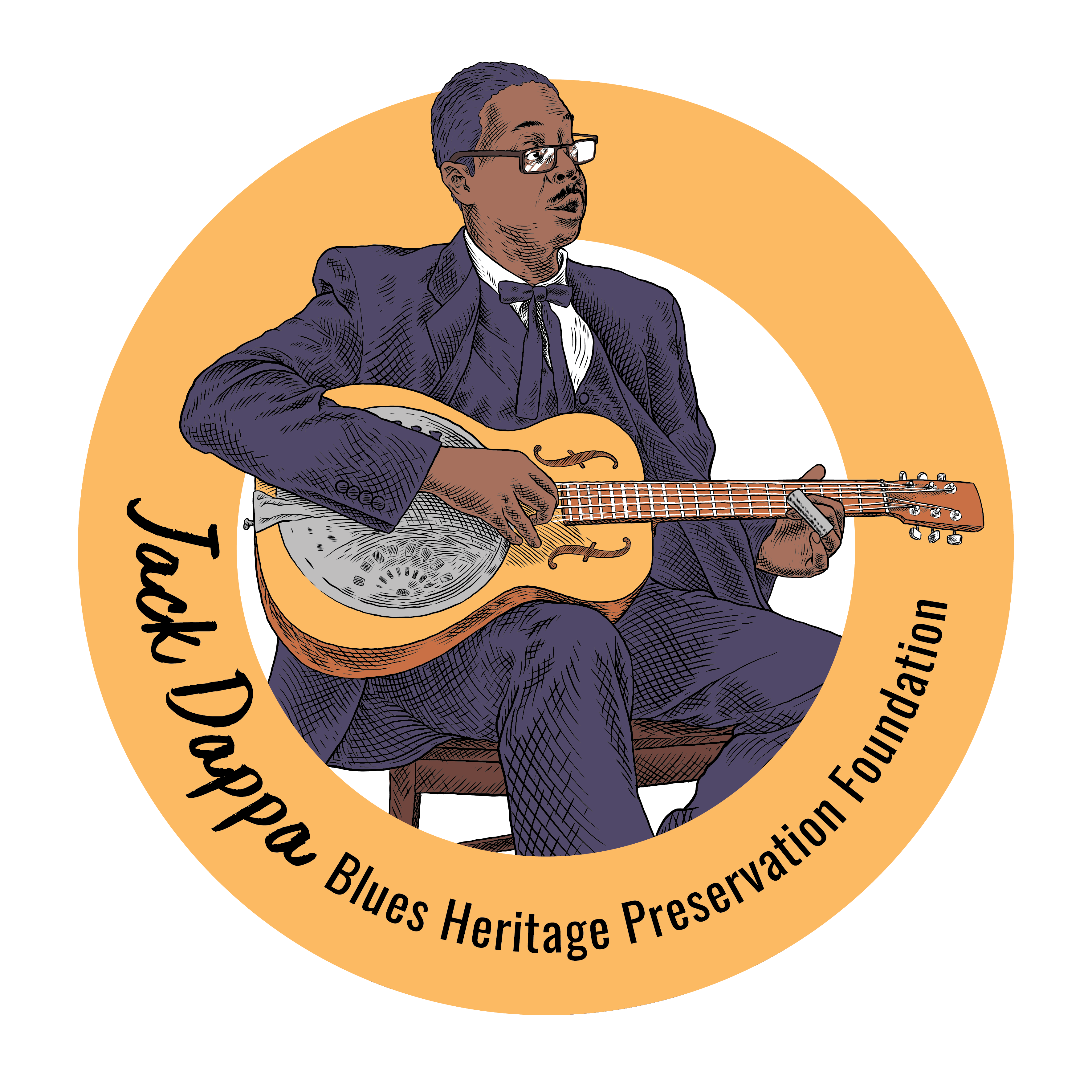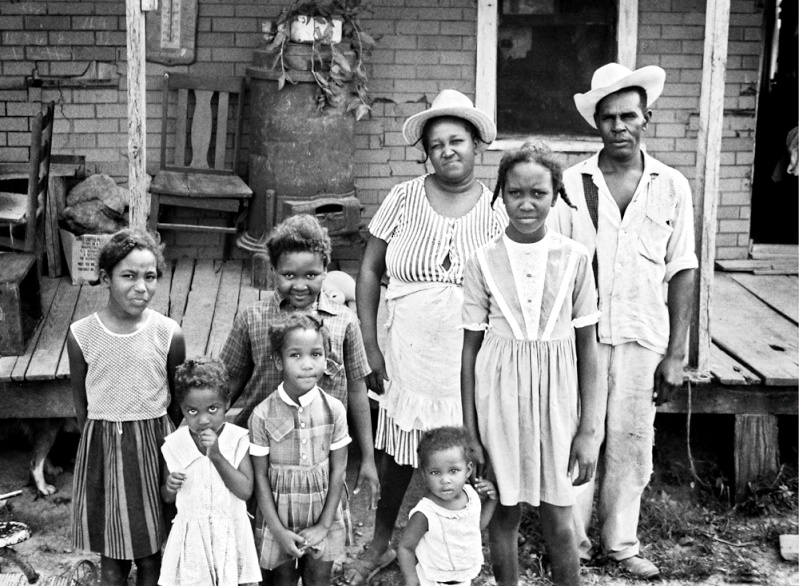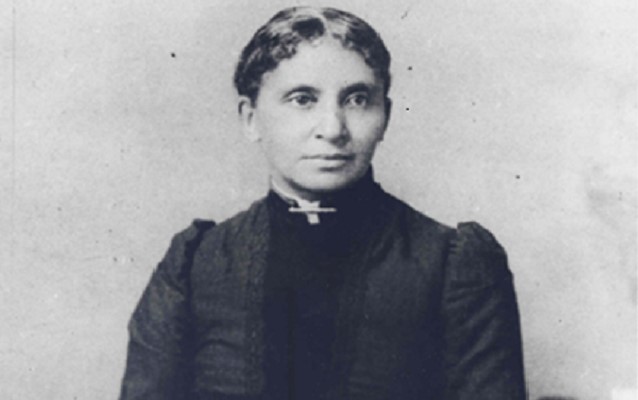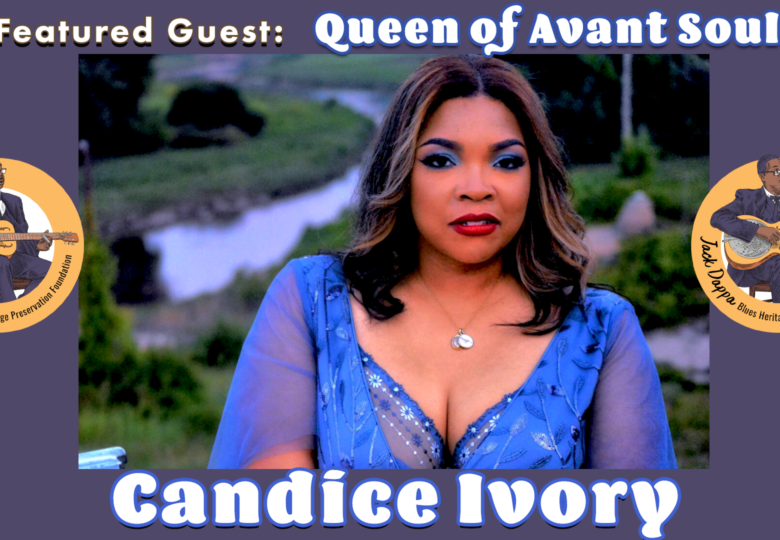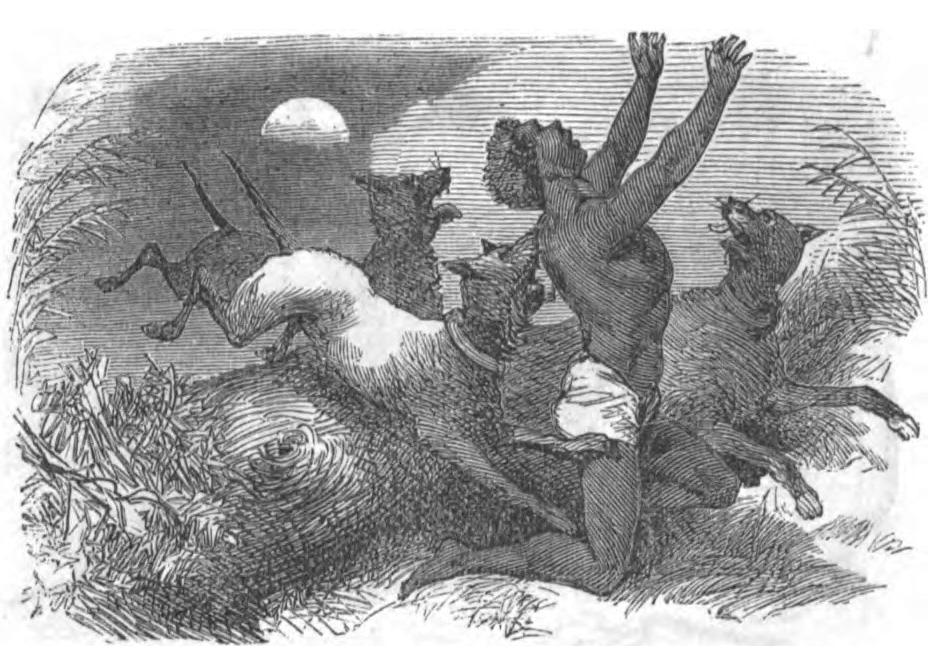The Heartache of Leaving a Legacy as an African American
Written By: Lamont Jack Pearley
What is the legacy you wish to leave? That is the question I’ve been asking myself way before I was blessed to have kids. What will be my legacy? What will I be able to leave my children that isn’t debt? Then I had kids, and they definitely came in abundance! The quest and fight to leave a legacy that would be spiritually, physically and financially viable to them became not only a major focus, but the one thing that haunts me from sun rise to sun set.
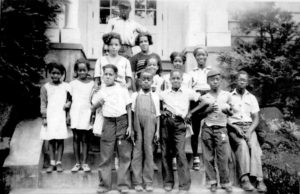 Considering that the ratio of Black wealth is at such a low percent it’s not even laughable – it’s hurtful. Considering also, that the American Middle class is in high decline, which fuels the on going theory that African American’s will be a non factor when it comes to economic stability in the future, how then can I, or any Black father think of leaving a legacy for our children and their children without coming close to a heart-attack or stroke.
Considering that the ratio of Black wealth is at such a low percent it’s not even laughable – it’s hurtful. Considering also, that the American Middle class is in high decline, which fuels the on going theory that African American’s will be a non factor when it comes to economic stability in the future, how then can I, or any Black father think of leaving a legacy for our children and their children without coming close to a heart-attack or stroke.
“The Road To Zero Wealth”, which is a study that looks at how racial wealth divide is hollowing the American middle class, states, “In other words, we have reached a breaking point. We need to act now to close the racial wealth divide, as doing so will ensure that the historical injustices of the past do not continue to wreak havoc on household balance sheets or propel the American middle class into extinction.” The study goes on to say that in the last thirty years, the accelerated decline of the median Black household wealth dropped from $6,800 to $1,700, in comparison to the median White household wealth which rose by 14% (from $102,200 to $116,800).
This is a Blues that seems consistent in the Black community since reconstruction,but there is a twist. Since the concept of class in the Black community became prevalent after the Emancipation and during the conception of the New Negro era, we must address and look at the fact that there is, like in White America, an elite Black class that can realistically leave or even think about leaving a legacy without the heartache that comes with living check to check, and hustling to save literally ten dollars a week.
And in regards to saving, “Umbrella’s Don’t Make it Rain” raises the argument that,”Black families whose heads graduated from college have about 33 percent less wealth than white families whose heads dropped out of high school. The poorest white families—those in the bottom quintile of the income distribution— have slightly more wealth than black families in the middle quintiles of the income distribution. The average black household would have to save 100 percent of their income for three consecutive years to overcome the obstacles to wealth parity by dint of their own savings activity. “
Dr. Claude Anderson speaks in grave detail on the demise of the African American economy, and the fact that it’s been an intentional assault that dates back about 100 years. An assault so devious, that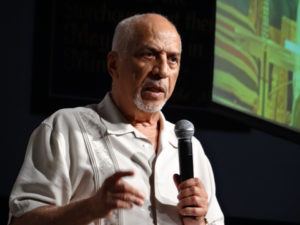 the result as of today is, currency only circulates in the Black community once in comparison to our counterparts the Chinese, Jewish, and White communities where currency circulates four to eight times prior to leaving their communities. He goes as far as saying that Black people will be obliterated based on the current concerns America has for “Others” rather than the Black Plight.
the result as of today is, currency only circulates in the Black community once in comparison to our counterparts the Chinese, Jewish, and White communities where currency circulates four to eight times prior to leaving their communities. He goes as far as saying that Black people will be obliterated based on the current concerns America has for “Others” rather than the Black Plight.
Yvette Carnell laughs at the idea of Black wealth. She says the fact that we are holding on to this concept that black spending power should equate to black wealth and financial power is ludicrous. She calls out African American writers, politicians and the like, for misguiding the African American community in regards to policy, legislation and the illusion of Black generational wealth.
This is just two out of many that speak on this daily and I find it extremely troublesome as an African American man, husband and father working toward leaving something tangible for my descendants. If you are familiar with my podcast series “The Slave Narrative” then you’ve heard accounts from ex-slaves that harshly ring true today. Which lead me to explore how classism amongst the Black community was polarizing during the late 1800’s.
Now, obviously the frictions and separations from different groups of African Americans during the “Slave Years” existed. However, once all blacks were considered off of the plantation, at least physically, this highlighted the consciousness of class divides in the African American community. We see this with Edward P. McCabe as he called for upscale and “well to do” Backs to take a pilgrimage and migrate to Oklahoma. We also see this with W.E.B. Dubois’s talented tenth of the black population who, through their intellectual accomplishments, would rise up to lead the black masses theory.
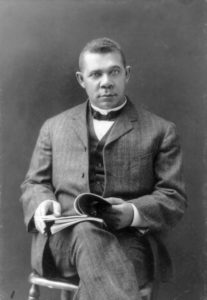 The counter to W.E.B. DuBois was the message of Booker T. Washington who believed that African Americans shouldn’t waste time with intellectual masturbation, but instead train to own or work in business’ that fill the everyday practical need of the community; ie, Carpentry, Electrician, Barber, Plumber, Teacher, Tailor, etc.
The counter to W.E.B. DuBois was the message of Booker T. Washington who believed that African Americans shouldn’t waste time with intellectual masturbation, but instead train to own or work in business’ that fill the everyday practical need of the community; ie, Carpentry, Electrician, Barber, Plumber, Teacher, Tailor, etc.
Though I agree with Mr. Washington, the lack of black vocational schools, lead to the lack of black vocational businesses, culminating in how we continue to virtually apply for nonexistent jobs online for white corporations. Let’s not forget gentrification that is displacing African Americans across the nation, leading to the influx of white businesses that don’t hire nor cater to the remaining black residents. This continues to perpetuate the stressful thought of leaving a legacy behind or even just giving your offsprings a head start.
So where does this leave us? Should we forget the thought of legacy? Should we accumulate large loans for schooling with hopes of finding a job, knowing that higher education doesn’t necessarily equate to African American wealth? How should we prepare our children?
Considering the fact that history repeats itself, maybe we should begin thinking of a new migration in in the likes of Boley Oklahoma, one of the most progressive and successful African American towns. Or adopting the mind set of John Dolphin who owned the most successful record store in Los Angeles called Dolphin’s Of Hollywood. Maybe we should return to the days where African American’s were master tradesmen and women owning businesses that not only serviced the community, but hired the community. That way, when we think of and plan on leaving a legacy for our children and their children, it would be more tangible.
